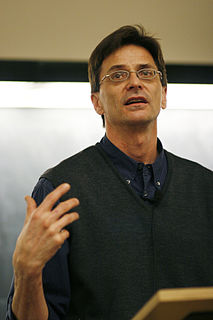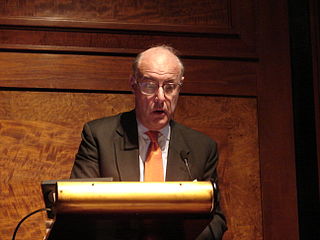A Quote by Moses Finley
Historical explanation is not identical with moral judgment.
Quote Topics
Related Quotes
Since my moral system rests on my accepted version of the facts, he who denies my moral judgments or my version of the facts, is to me perverse, alien, dangerous. How shall I account for him? The opponent has always to be explained, and the last explanation that we ever look for is that he sees a different set of facts. Such an explanation we avoid, because it saps the very foundation of our own assurance that we have seen life steadily and seen it whole.
Simply put: Thanksgiving is the day when the dominant white culture (and, sadly, most of the rest of the non-white but non-indigenous population) celebrates the beginning of a genocide that was, in fact, blessed by the men we hold up as our heroic founding fathers. ...How does a country deal with the fact that some of its most revered historical figures had certain moral values and political views virtually identical to Nazis?
Indiscriminate tolerance and indiscriminate condemnation are not two opposites: they are two variants of the same evasion. To declare that “everybody is white” or “everybody is black” or “everybody is neither white nor black, but gray,” is not a moral judgment, but an escape from the responsibility of moral judgment.
I look at the most promising putative moral theories. I construct crucial thought experiments in areas where they give conflicting advice. I confront their conflicting advice with my own moral sensitivity, my moral intuition. I take the theory that can best explain the content of my intuitions as gaining inductive support through an inference to the best explanation.






























